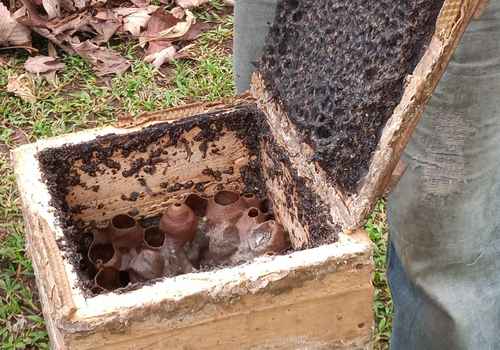Native bees are crucial to the ecosystem, with over 600 species worldwide and 46 in Mexico alone. However, native bees are at risk due to pesticides and the introduction of Africanized bee species. To address this threat, researchers have been studying the digestive tracts of native bees to identify beneficial microorganisms that could protect them from diseases.
A recent study conducted by specialist Guiomar Melgar Lalanne found two key microorganisms in Mexican scaptotrigona and pectoralis species: Weissella sp and Fructobacillus sp. These bacteria have potential benefits for humans as well, including anti-inflammatory and anti-aging properties. Additionally, these bacteria may also help native bees combat mite infections and viral diseases.
The decline in native bees is concerning not only for their own survival but also for the environmental balance they help maintain. Finding ways to preserve native bees and increase their presence could have positive impacts on forests, agricultural fields, and human populations. Researchers hope that by studying and utilizing the beneficial properties of bacteria from native bees, they can find solutions to protect these important pollinators and promote environmental sustainability.
